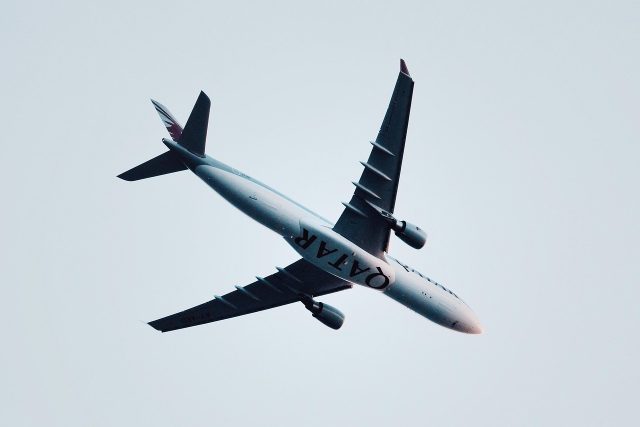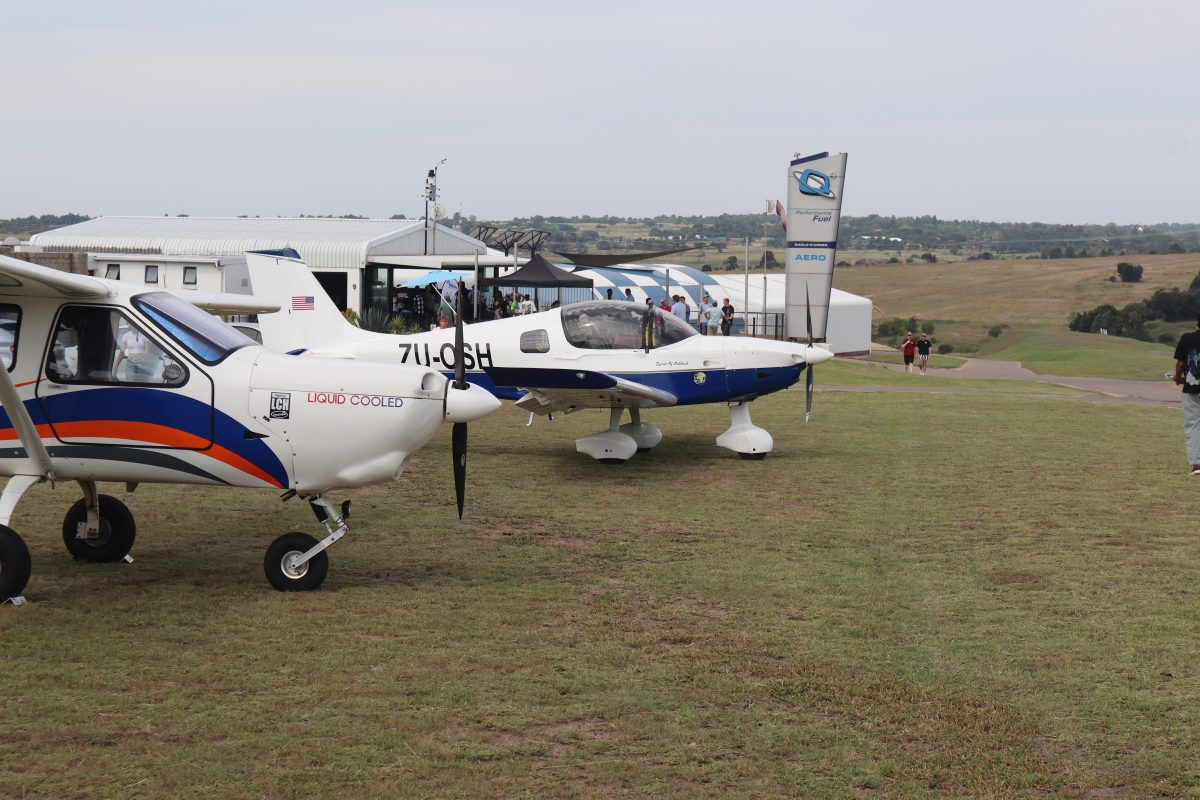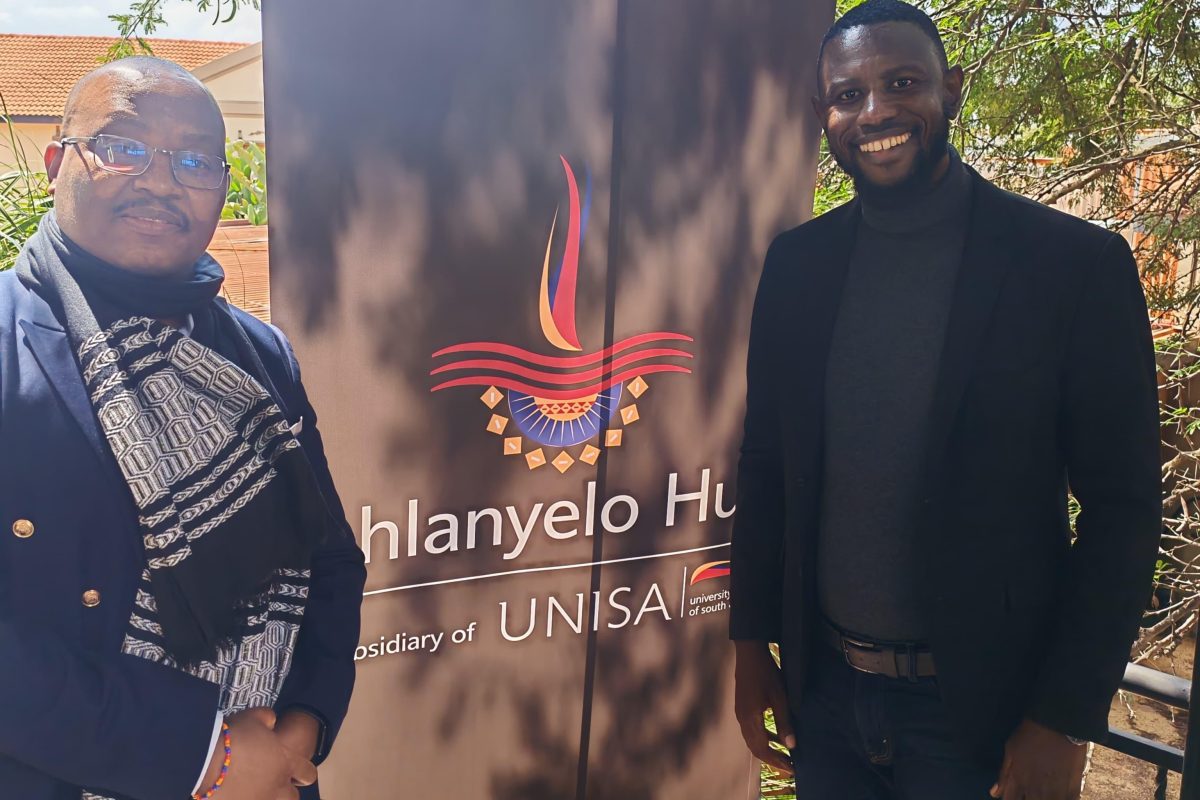Cape Town, South Africa: We all remember the displeasure about paint peeling off the fuselage of some Airbus aircraft? And the rush to order Boeing aircraft as alternatives. Well that saga is far from over. Bad news for Boeing has just reverberated across our industry: Qatar Airways has officially cancelled its order for 25 Boeing 737 MAX 10 aircraft, firmly closing the chapter on what was intended to be its narrow-body alternative during the Airbus dispute. In an interview with Bloomberg, CEO Badr Al-Meer confirmed that evolving fleet requirements rendered the MAX 10 unnecessary, even as the carrier commits to a historic $96 billion+ agreement for 160 Boeing wide-body jets. At the same time, Qatar has reaffirmed its loyalty to Airbus narrow-bodies, electing to operate and expand its stable of A321neos instead.
From Standoff to Strategic Realignment
The tale begins at the 2022 Farnborough Air Show, where, amid a bruising standoff over the A350 paint-degradation dispute, Qatar placed a conditional order for up to 50 MAX 10s (25 firm, 25 options). That move was a clear signal to Airbus: if you won’t sell us the A321neo, we’ll look elsewhere. Yet, once the two parties reconciled in 2023 – Air France-KLM-backed mediation helping Airbus repair and redeliver the A350s – the need for the MAX 10 evaporated. With 50 A321neos already in service and on order, returning to the Airbus fold made both commercial and operational sense.
By cancelling its MAX 10s, Qatar Airways has effectively ended the placeholder role that Boeing’s largest 737 ever occupied in Doha. And while the airline will continue to fly a handful of 737 MAX 8s – aircraft originally destined for Russian operator S7 Airlines but reassigned to Qatar under sanctions – they too are slated for retirement once new equipment comes online.

Implications for the Aviation Value Chain
For operators, this decision underscores the primacy of fleet commonality and life-cycle cost in network planning. Qatar’s pivot back to Airbus simplifies training, maintenance and spares logistics – critical factors for ultra-high-utilization carriers. Equally, for tourism professionals and cargo/logistics firms, the news signals stability in Qatar’s narrow-body services, ensuring consistent capacity on regional routes that feed long-haul traffic.
From a regulatory standpoint, the cancellation highlights the importance of robust aircraft approval processes. The MAX 10 variant still awaits certification in several jurisdictions; operators can ill afford delivery delays when growth targets are aggressive. Meanwhile, policy-makers should note that transparency in certification timelines and clear communication between regulators and airlines are vital to maintaining confidence in new aircraft types.
For corporate stakeholders – lessors, financiers and MRO providers – the episode reinforces the need to stress-test fleet commitments against political and commercial headwinds. Locking into large narrow-body orders during manufacturer disputes carries reputational and financial risks, as witnessed here.
Lessons for South Africa’s Aviation Community
As we observe developments in the Gulf region, South Africa’s aviation ecosystem must absorb key lessons:
- Flexibility in Fleet Strategy
Airlines must align orders with long-term network forecasts, not short-term bargaining chips. A diversified fleet can provide agility but must be weighed against the costs of multiple training and maintenance programmes.
- Collaborative Manufacturer Relations
The Airbus–Qatar impasse demonstrates that protracted disputes can drive carriers into competitor arms – only to return later. Maintaining open, solutions-focused dialogues with OEMs reduces the risk of sudden fleet shifts.
- Regulatory Certainty
The MAX 10 saga shows the criticality of predictable certification processes. South African authorities and the SACAA should continue to streamline approvals without compromising safety, thereby encouraging local carriers and GA operators to adopt new technologies confidently.
- Integrated Mobility and Tourism
For tourism agents, reliable narrow-body capacity is essential for feeder services into major hubs. Stable aircraft fleets support route development, which in turn stimulates inbound tourism – key to regional economic growth.
- Workforce Development & Transformation
Every fleet change ripples through maintenance, training and engineering pipelines. As we pursue equitable transformation in SA’s aviation sector, curriculum designers must build skills ready for the latest aircraft families – whether Airbus A320neo-series or Boeing 737-series.
Charting a Steady Course
Qatar’s decisive move – returning to Airbus narrow-bodies and cancelling the MAX 10 – reflects both commercial pragmatism and strategic clarity. For stakeholders across the aviation, tourism and government sectors, it is a stark reminder that fleet planning cannot be held hostage to external disputes.
On the Flying Jurist blog, we will continue to monitor how this cancellation affects global narrow-body dynamics, MRO demand and supply-chain strategies. Let us use this moment to refine our own approaches: fostering manufacturer partnerships built on trust, ensuring that our regulators deliver timely certifications, and preparing our workforce for the multipolar fleet landscape of tomorrow.
If Boeing saw this cancellation as a blow, then let us view it as an opportunity. An opportunity for South Africa’s carriers, OEMs, financiers and policy-makers to innovate boldly – crafting fleet strategies that withstand market turbulence, sustain tourism growth, and empower our next generation of aviation professionals.
Prof Angelo Dube is a Professor of International Law, Director of the School of Law at UNISA, and Chief Executive Officer at Flying Jurist, and founder of the General Aviation Indaba. He writes here in his personal capacity.


